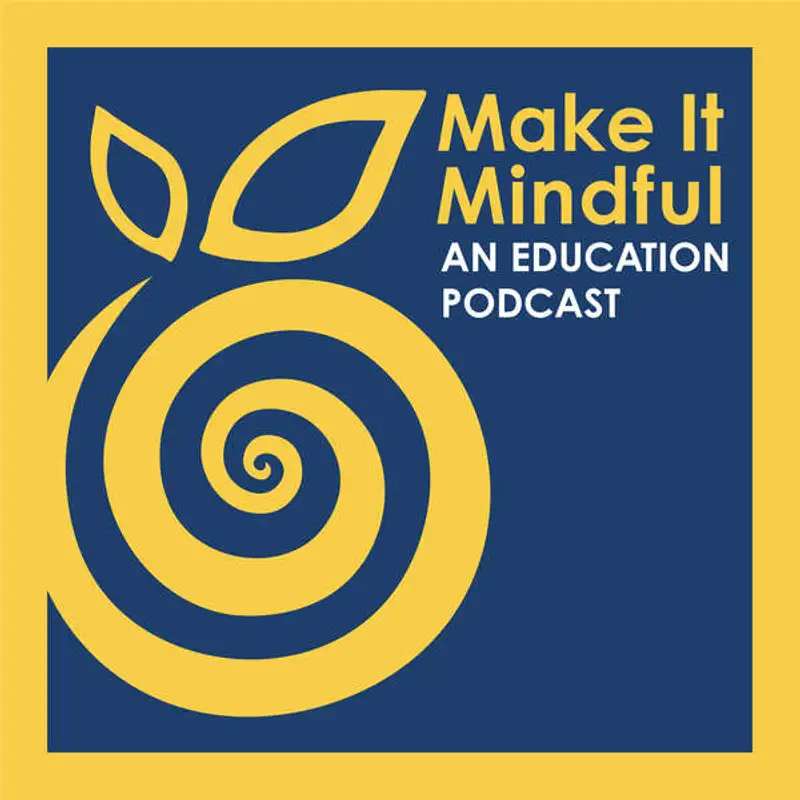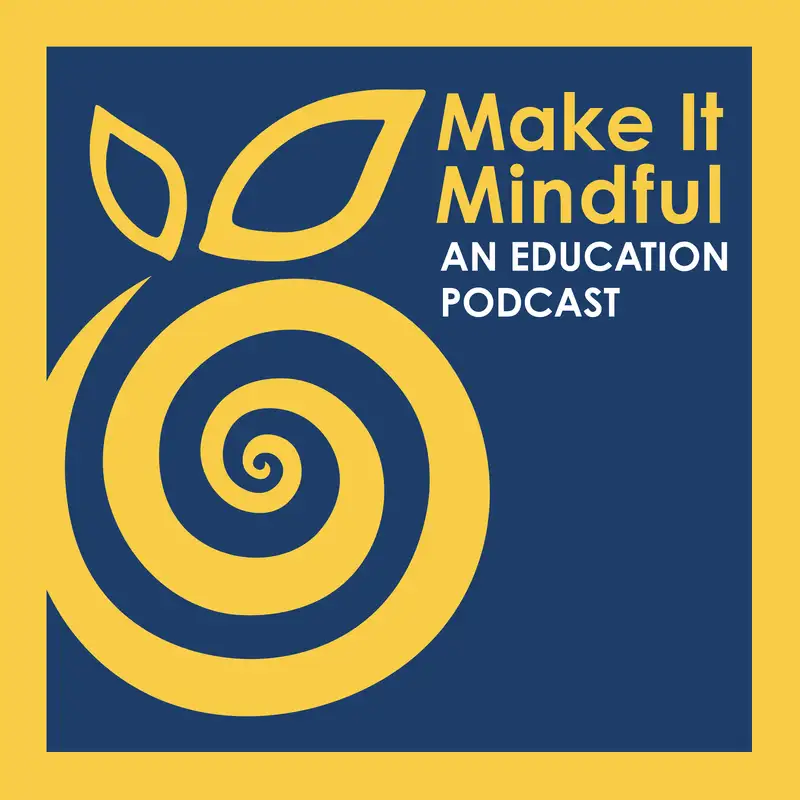#20 Going Back to the Classroom with Komal Shah
After leaving teaching for a few years, our former cohost Komal Shah recently returned to the classroom, drawn back by the innovative project-based learning model at High Tech High. Unlike many teachers fleeing the profession today, she was inspired by her colleagues and the hands-on, relevant learning happening in the classrooms.
Students at High Tech High engage in project-based learning (PBL) where they tackle real-world problems that require critical thinking, collaboration, iteration, and public presentation of their solutions. This develops key skills like initiative, problem-solving, dealing with ambiguity, communication and more. Teachers act as facilitators, helping students acquire knowledge and skills through self-directed projects versus traditional direct instruction.
Komal contrasts her PBL students with those in more traditional settings. PBL students display more curiosity, personal agency, willingness to take healthy risks and learn from failure. They advocate for their own needs and interests. Projects integrate multiple subjects and connect students to their communities, keeping learning timely and relevant compared to standardized curricula. This relevance fuels students’ motivation and engagement.
While the PBL model attracts self-directed students, it may not suit everybody. But aspects can be integrated into traditional contexts, perhaps through a single project linking students with community members to solve real problems. The key is giving students purpose and real-world impact to drive buy-in and effort. For Komal and the staff at High Tech High, PBL brings learning to life for students and teachers alike.
Takeaways
- Project-based learning (PBL) allows students to focus on real-world problems and make an impact in their communities.
- Flipping the lesson order and starting with real-world problems can increase student engagement and problem-solving skills.
- Collaboration and curiosity are key skills developed through PBL.
- Teachers can implement elements of PBL in traditional settings by integrating real-world applications and partnering with community organizations.
Show Links:
1. Follow PBL experts Kyle Wagner (https://www.linkedin.com/in/kwagssd3/) and Loni Bergqvist (https://www.linkedin.com/in/loniatimagineif/)
2. Project Cards for PBL on HTH Unboxed: https://hthunboxed.org/project-card-home/
Guest Links:
Komal Shah
Speaker, Author, & Entrepreneur
LinkedIn: https://linkedin.com/in/consultkomal
Website: https://thekomalshah.com
Book: https://www.amazon.com/Raise-Your-Hand-Consciousness-Education-ebook/dp/B09FNT6B45/ref=tmm_kin_swatch_0?_encoding=UTF8&qid=&sr=
Creators and Guests

